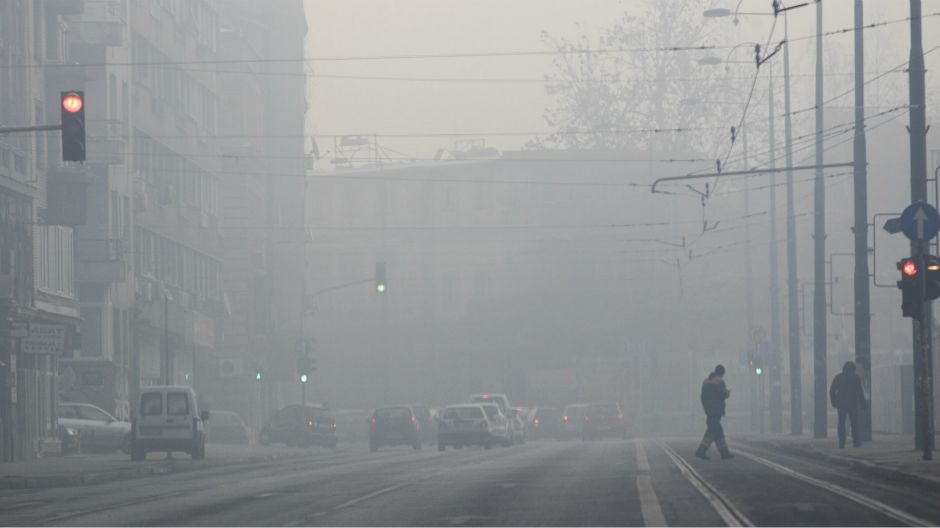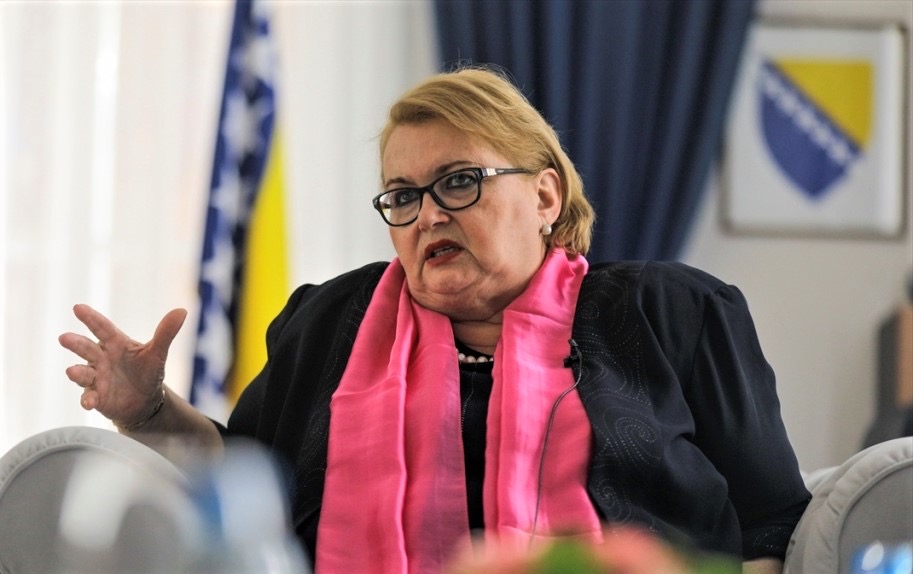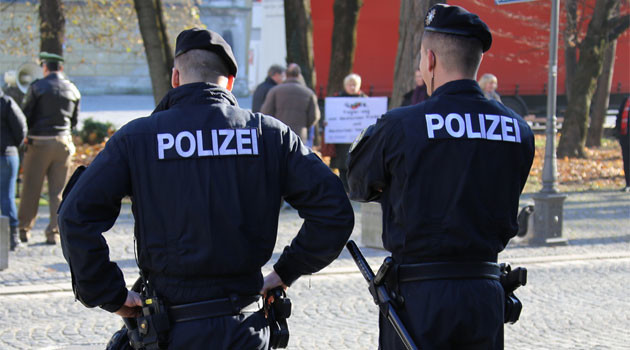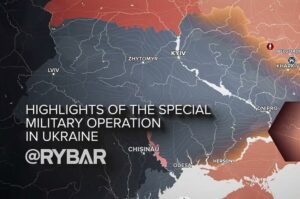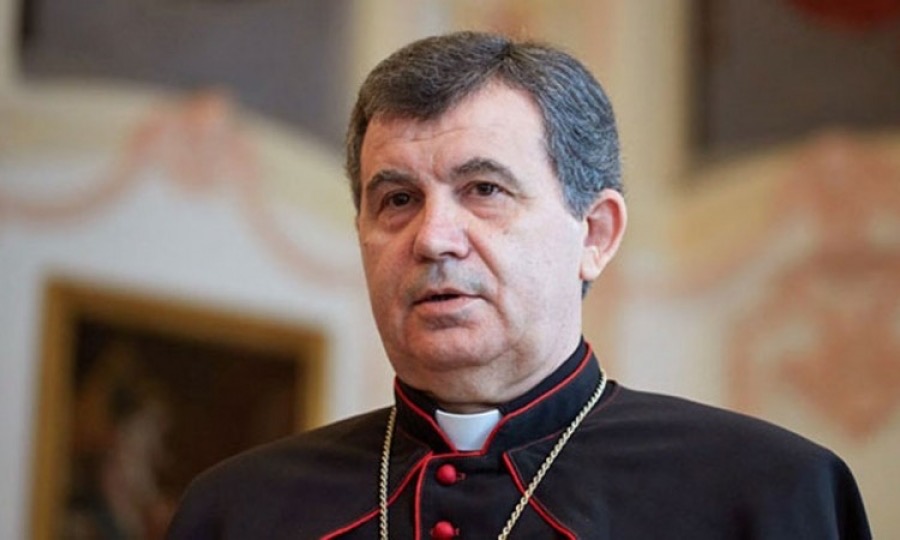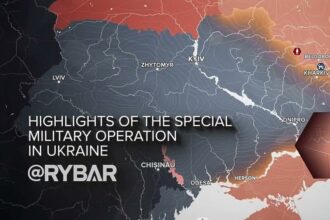Bosnia and Herzegovina’s authorities have failed to tackle the country’s horrific air pollution, which kills thousands of people prematurely each year and is detrimental to the health of thousands more, Human Rights Watch said today.
The country’s reliance on coal and wood for heat and coal for electricity generation makes cities in Bosnia and Herzegovina some of the world’s most polluted during the winter months. The country has the fifth-highest mortality rate from air pollution.
“An outdated reliance on coal in Bosnia and Herzegovina is killing thousands every year, while the authorities do little to prevent the problem or even to warn people of the risk to their health,” said Felix Horne, senior environment researcher at Human Rights Watch. “With air pollution season just a few months away, there is no time to waste to start making changes.”
During winter months, levels of fine particulate matter, nitrous dioxide, sulfur dioxide and other deadly pollutants regularly exceed what the World Health Organization says is safe for human health. Every year, an estimated 3,300 people in the country die prematurely from exposure to air pollution – 9 percent of all deaths, according to the World Bank. Thousands more live with increased respiratory and cardiovascular conditions. Older people and children are particularly at risk.
Bosnia and Herzegovina produces electricity by burning lignite, a low-quality polluting type of coal found in abundance throughout the country, in outdated coal plants. Poor building insulation and using coal, wood, and other plant materials for heating contributes to pollution. And winter air pollution is exacerbated by inversion, with pollutants effectively trapped in narrow river valleys where many cities are located. Outdated and polluting vehicles also contribute to the deadly air.
Between December 2020 and April 2021, Human Rights Watch interviewed 35 people about their experiences with pollution, 22 of them over age 65 in addition to local government officials, academics, health professionals, and local civil society activists. Human Rights Watch also reviewed air quality data and official government documents. Human Rights Watch wrote letters to relevant entity ministries, the electricity companies in both Republika Srpska and the Federation of Bosnia and Herzegovina, and local governments. Sarajevo canton, the Ministry of Mining and Energy in Republika Srpska, and Elektroprivreda Republika Srpska had responded by time of publishing.
One physician who spoke on the condition of anonymity due to the strong links between the coal industry and the authorities said, “Many more people come in during winter with problems breathing. This community [neighborhood] has high rates of cancers and various cardiovascular problems. Children regularly have asthma.”
Residents living near some of the country’s five coal plants said that friends, family, and neighbors had died from cancer and cardiovascular, or respiratory ailments that they believe were attributable or exacerbated by the pollution from the nearby plants. Healthcare workers described seeing increased rates of respiratory problems in areas near the plants.
Parents described the difficulties in caring for children with asthma and bronchitis. Some said their children could not safely leave the house during the winter without suffering acute respiratory symptoms. Some had kept children home because of the problem, in one case for 25 consecutive days, causing them to miss school, sports, playing with friends, or other activities. Older people, many of whom have been breathing polluted air for decades, were especially affected. Health professionals said they were frustrated at the scant attention given to air pollution in diagnoses or public health responses. And young Bosnian and Herzegovinians living in the European Union expressed fears about the health of older family members still living in the country. “I left four years ago, and regularly send money for my aging parents, who won’t leave their village,” said a 26-year-old man. “They don’t go outside for weeks during winter and when I talk to them, I hear them coughing more and more.… It’s terrible but they won’t leave.”
The complex governance system presents difficulties in tackling air pollution with no national environment body and a slew of standards and regulations, with little coordination between the various tiers of government. Each of the two entities has its own separate legal frameworks, organizational structures, and air quality networks, making it more difficult to coordinate approaches to air quality management.
Local government officials said that the country’s 17 air pollution monitoring stations sometimes are out of service, particularly in Republika Srpska, one of the two entities in the country, and that many do not adequately monitor particulate matter 2.5, one of the main pollutants of concern. Warnings to avoid outdoor activities or to limit vehicular transport on bad air days are largely limited to the capital, Sarajevo.
Burning of coal is a major contributor to both climate change, responsible for 20 percent of greenhouse gas emissions, and to the air pollution that globally kills an estimated seven million people annually. An urgent shift toward renewable energy, more efficient technologies for heating homes, including improved building standards, and better public transportation can change the situation, while creating thousands of sustainable, well-paying jobs in the process, including for former coal workers, Human Rights Watch said.
“The world is in the midst of a climate crisis, and governments should be rapidly transitioning away from the burning of fossil fuels, not investing billions into new infrastructure to further burn some of the dirtiest fossil fuels on the planet,” Horne said. “The EU should use its considerable leverage to shift Bosnia and Herzegovina’s reliance on coal while simultaneously tackling toxic air and the climate crisis.”, HRW writes.



